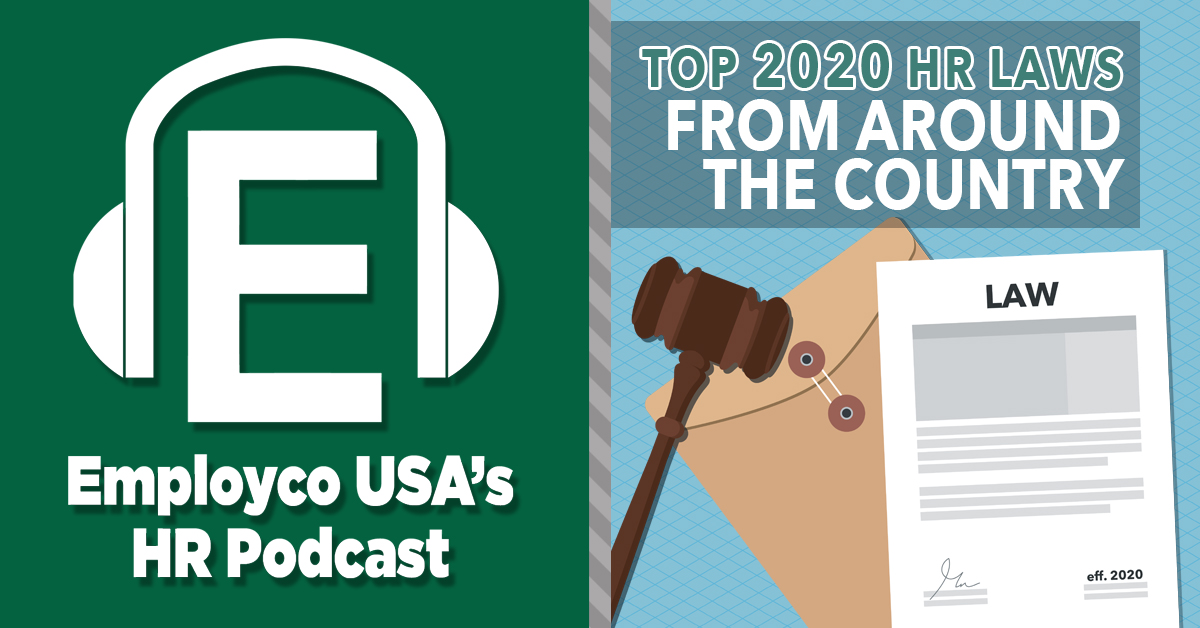Employment trends expert talks new study which says that half of millennials have left a job due to a mental health crisis
 A new study found that 50 percent of Millennials and 75% of Generation Z’ers say that they have left a job due to pressing mental health concerns. The study, led by Mind Share Partners, SAP, and Qualtrics has discovered that younger generations of workers are much more likely than older employees to leave a job due to the need for mental health care.
A new study found that 50 percent of Millennials and 75% of Generation Z’ers say that they have left a job due to pressing mental health concerns. The study, led by Mind Share Partners, SAP, and Qualtrics has discovered that younger generations of workers are much more likely than older employees to leave a job due to the need for mental health care.
“The study is very important because it reflects generational differences as far as employees’ approach to therapy and self-care,” says Rob Wilson, President of Employco USA and employment trends expert. “Today’s incoming workforce is much more well-versed in therapy and the need for mental health services, and as this research shows, they seek out these resources when needed, even if it means leaving their current job.”
Wilson says this study helps reveal where companies and employers can do better in attracting and retaining younger talent.
“Offering benefits that include comprehensive mental health care can go a long way in attracting younger employees,” says Wilson. “Therapy is costly, but as research shows, there has been a 47 percent increase in major-depression diagnoses among millennials since 2013. Since therapy is the front-line recommendation for depression treatment, you can expect that nearly half of millennial workers are either in therapy, seeking therapy, or being advised to see a therapist by their doctor or family and friends. Hence, offering a benefit plan which covers these life-saving services and is in-network with many mental health providers would be a smart idea for employers.”
Continue reading →

 “Countless workplaces across the country permit or even encourage Halloween costumes in the office,” says Rob Wilson, human resources expert and President of Employco USA, a national employment-solutions firm. “Some even have costume competitions. Other offices have Halloween parties and put up decorations for the holiday. But, in this day and age, it is crucial to consider how your Halloween costume could impact your employer’s opinion of you, or what legal ramifications these common Halloween practices could pose for employers.”
“Countless workplaces across the country permit or even encourage Halloween costumes in the office,” says Rob Wilson, human resources expert and President of Employco USA, a national employment-solutions firm. “Some even have costume competitions. Other offices have Halloween parties and put up decorations for the holiday. But, in this day and age, it is crucial to consider how your Halloween costume could impact your employer’s opinion of you, or what legal ramifications these common Halloween practices could pose for employers.” A new study
A new study It was
It was 
 Last month, ICE officials detained hundreds of undocumented workers in Mississippi. When the raids (which took place in 7 different cities and 6 different work sites) were complete, 680 employees were in the custody of U.S. Immigration and Customs Enforcement officials.
Last month, ICE officials detained hundreds of undocumented workers in Mississippi. When the raids (which took place in 7 different cities and 6 different work sites) were complete, 680 employees were in the custody of U.S. Immigration and Customs Enforcement officials. After shocking crimes of sexual assault came to light thanks to the #MeToo movement, many employers have been inspired to rededicate themselves to making their workplaces safer and more equitable for men and women. But, starting January 1, 2020, new changes to sexual harassment policies will require all companies to pay closer attention to this very important issue.
After shocking crimes of sexual assault came to light thanks to the #MeToo movement, many employers have been inspired to rededicate themselves to making their workplaces safer and more equitable for men and women. But, starting January 1, 2020, new changes to sexual harassment policies will require all companies to pay closer attention to this very important issue. Employers in Illinois will be required to make changes to their hiring practices in the near future. Starting
Employers in Illinois will be required to make changes to their hiring practices in the near future. Starting  In an effort to establish
In an effort to establish  Another tragic outbreak of mass shootings has left many Americans reeling. As people struggle to cope with the aftermath of this senseless violence, it is important for employers to ensure that their workplaces feel safe and supportive for all workers. Rob Wilson, employment expert and President of Employco USA, says “One in seven Americans say they don’t feel safe at work. But the good news is that small steps can help to build feelings of security and community in your workplace.”
Another tragic outbreak of mass shootings has left many Americans reeling. As people struggle to cope with the aftermath of this senseless violence, it is important for employers to ensure that their workplaces feel safe and supportive for all workers. Rob Wilson, employment expert and President of Employco USA, says “One in seven Americans say they don’t feel safe at work. But the good news is that small steps can help to build feelings of security and community in your workplace.”